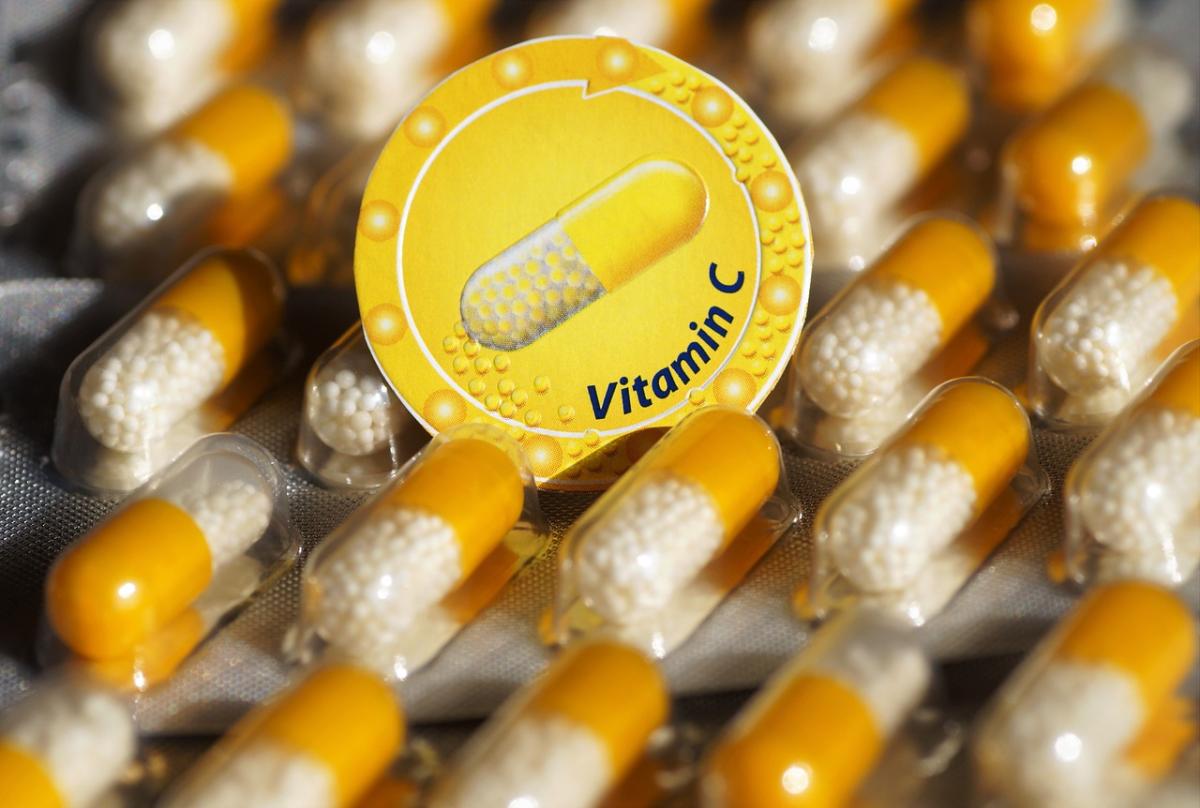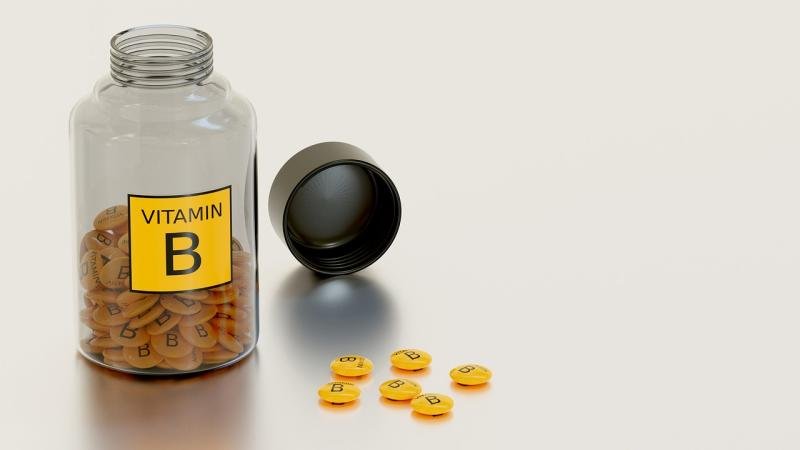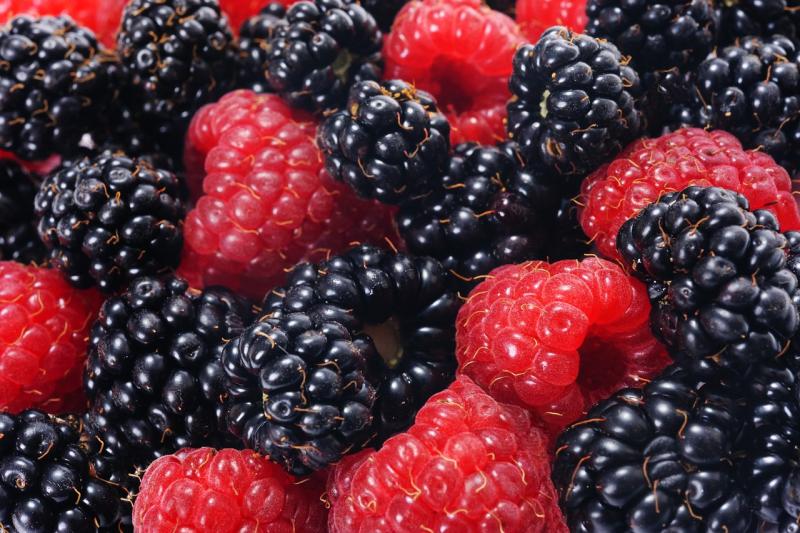Vitamin C plays a big role in keeping your immune system strong. It's like the secret weapon your body needs to fight off colds and other illnesses. When you're low on Vitamin C, your body can struggle to produce the white blood cells that protect you from infections.
Your body doesn't produce Vitamin C on its own, which is why getting enough through your diet is so important. Fruits and veggies like oranges, strawberries, kiwi, bell peppers, and broccoli are great sources. They not only help boost your immunity but also pack a punch of antioxidants, which help fight free radicals in your body.
If you're feeling under the weather or just want to stay healthy, adding a Vitamin C supplement might be a good idea. It’s an easy way to ensure you’re getting what you need. Just remember, it’s always best to chat with your doctor before starting any new supplement, especially if you have health concerns.
Plus, making Vitamin C a regular part of your routine can shorten the duration of respiratory infections. Studies show that it can help cut down the severity of symptoms, so you might bounce back quicker if you do catch something.
Top Food Sources of Vitamin C
First up, we have oranges. They're not just a classic snack—they're also juice-filled and bursting with vitamin C. One medium orange can give you about 70 mg of this essential nutrient. And if you're looking for a quick and tasty boost, throw some orange slices into a salad or enjoy them on their own.
Next, don’t overlook bell peppers. Particularly the red ones! They actually contain even more vitamin C than oranges. Just one cup of chopped red bell pepper packs around 190 mg! Add them to stir-fries, salads, or just munch on them raw with some hummus for a crunchy snack.
Of course, we can’t forget about strawberries. These sweet berries not only taste great but also provide about 85 mg of vitamin C per cup. Toss them in your morning oatmeal, blend them in a smoothie, or enjoy them fresh with a little dollop of yogurt.
Lastly, kiwi is another fantastic source. This small fruit is often overlooked but is a powerhouse with roughly 70 mg of vitamin C per medium fruit. Slice one up and add it to your breakfast or enjoy it as a refreshing snack. It's a delicious way to give your immune system a little extra love!
Best Supplements for Immune Support
When it comes to boosting your immune system, supplements can play a big role. While vitamin C is a superstar, several other supplements can help support your immunity too. Let’s dive into a few that really stand out.
Zinc is essential for a healthy immune response. It helps your body produce immune cells and might even reduce the duration of colds. You can find zinc in various forms, like lozenges or capsules, so pick what fits your routine best.
Elderberry is gaining popularity as a natural remedy for colds and flu. It’s packed with antioxidants that help fight off virus germs. Plus, it tastes fantastic! You can find it in syrups or gummies, making it an easy addition to your day.
Vitamin D is another key player. Many people lack enough vitamin D, especially during the winter. This vitamin helps modulate your immune response and can be found in capsules, gummies, or even in some fortified foods.
Don’t forget about probiotics. These friendly bacteria support gut health, which is linked to immune function. You can find probiotic supplements in capsules or powdered form, or just eat more yogurt and fermented foods for a tasty boost.
Tips to Maximize Your Vitamin C Intake
Getting enough vitamin C is important for supporting your immune system. Here are some easy tips to help you maximize your intake of this vital nutrient.
First off, think about including a variety of fruits and veggies in your meals. Citrus fruits like oranges, grapefruits, and lemons are packed with vitamin C. But don’t stop there! Strawberries, kiwi, bell peppers, and broccoli are also great options. Try tossing some berries into your yogurt or making a colorful salad loaded with mixed greens and peppers.
Another great way to boost your vitamin C is through smoothies. Blend up some spinach, pineapple, and a banana for a delicious drink that packs a punch. You can toss in some extra fruits or even a scoop of vitamin C powder if you want to take it up a notch. They’re refreshing, tasty, and a simple way to get your daily dose.
Cooking can affect vitamin C levels, so try steaming or microwaving your veggies instead of boiling them. Quick cooking helps to preserve more of the nutrients. And remember, fresh is best! Snacking on raw veggies or fruits ensures you’re getting the most vitamin C possible.
Lastly, consider taking a vitamin C supplement if you're worried about hitting your target through food alone. They’re widely available and can be an easy way to ensure your immune system stays strong. Just remember to check with your doctor first to find the right dosage for you.



